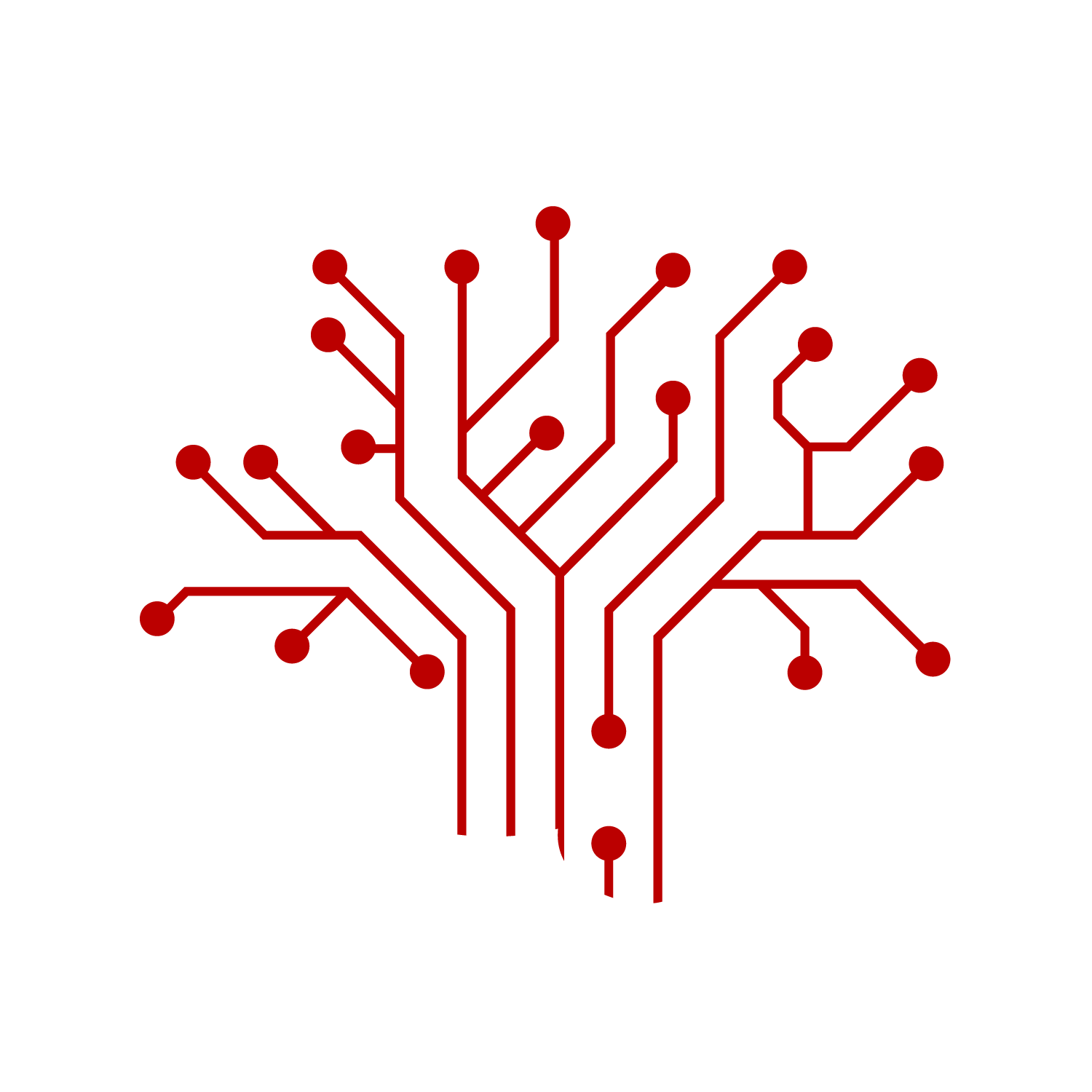SCS Researchers Receive More Than $1M in NSF CAREER Awards
Two Carnegie Mellon University researchers in the School of Computer Science recently earned Faculty Early Career Development Program (CAREER) awards from the National Science Foundation totaling $1.1 million. The awards are the foundation's most prestigious for young faculty researchers.
Leila Wehbe, an assistant professor in the Machine Learning Department, received $600,000 to advance our understanding of language processing by exploring how different areas of the brain interact with each other.
Language is versatile and intricately connected to other abilities. For example, reading a story relies not only on language processing but also on social reasoning, inference of subsequent events and visual imagery. Due to this complexity, most neuroimaging experiments only focus on one aspect of language, such as syntax, and study it in isolation from other cognitive abilities. Wehbe will use machine learning, statistics and artificial intelligence to study what individual units of meaning are processed in each region of the brain, how information flows between these regions, and how they interact with other areas that process different cognitive abilities, such as vision or social reasoning.
In addition to further uncovering the neurobiology of language and its interaction with other modalities, Wehbe's project will also improve AI methods by jointly modeling brain activity in relation to visual and social stimuli, such as watching television or engaging in conversation. Additionally, it will provide new educational materials and opportunities for students to explore the use of machine learning and AI for science.
Min Xu, an assistant professor in the Computational Biology Department, received nearly $540,000 to develop computational methods for integrating two imaging techniques used to visualize microscopic objects inside cells.
Cryo-electron tomography uses electrons to develop three-dimensional images of small, complex objects, while fluorescent microscopy uses light to do the same. Integrating the two techniques will allow researchers to inspect the structures, molecular identities and spatial patterns of objects inside single cells.
Xu's work will inform new methods for modeling how a cell's many components are organized and interact with one another, giving researchers a better understanding of complex cellular processes that are applicable to a broad range of biological studies.
For more information about the NSF CAREER awards, visit the foundation's funding website.
For More Information
Aaron Aupperlee | 412-268-9068 | aaupperlee@cmu.edu

